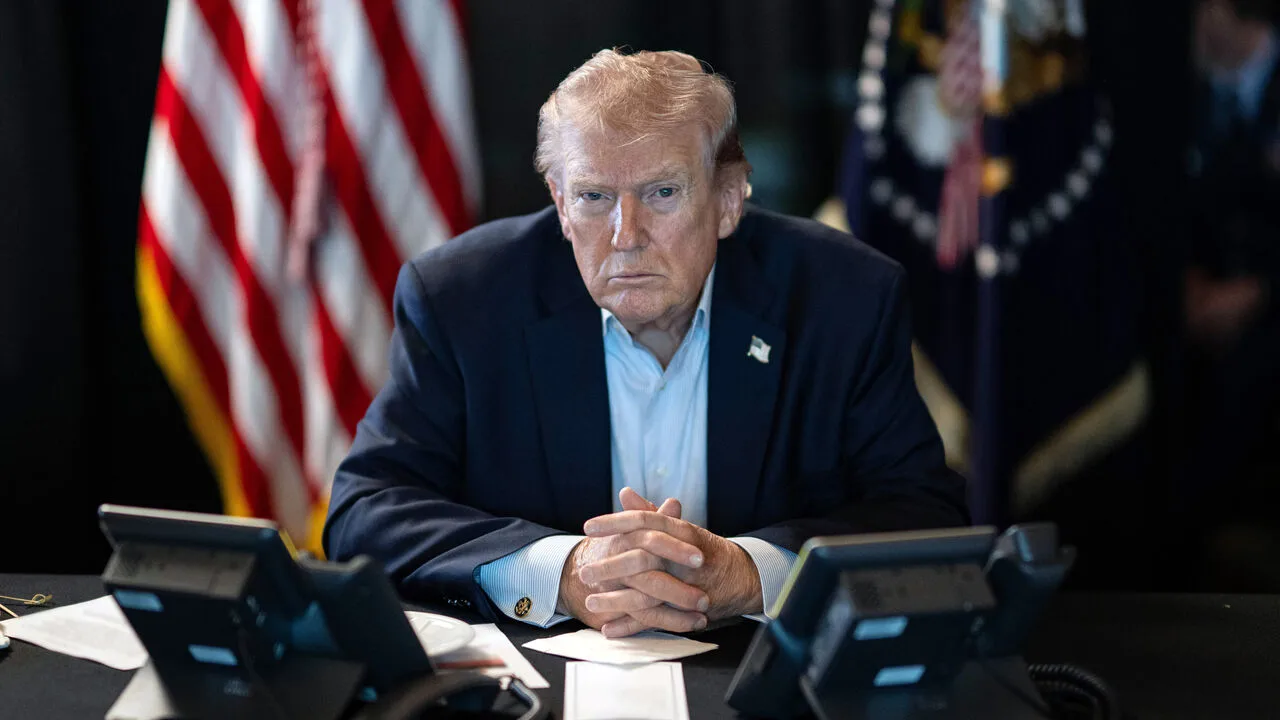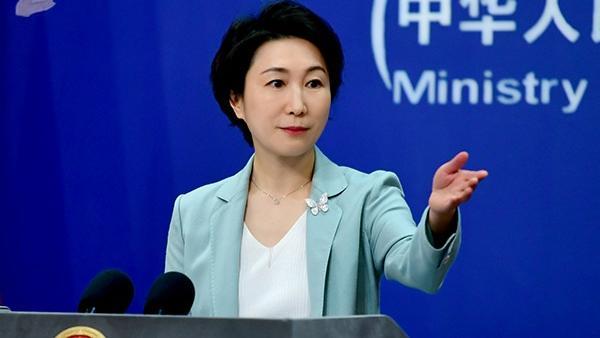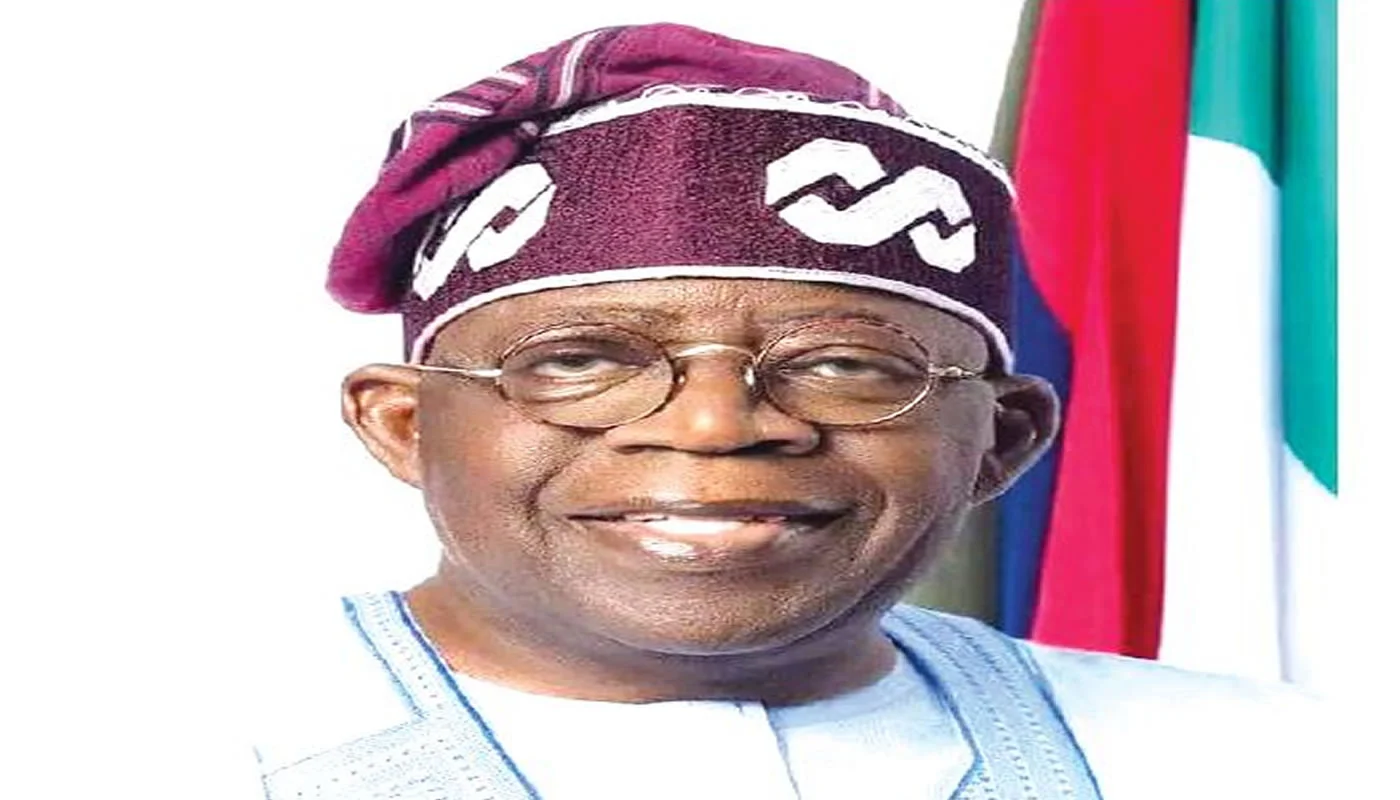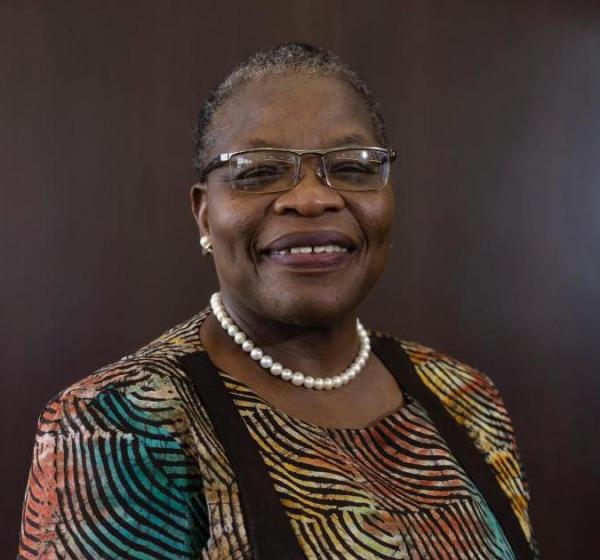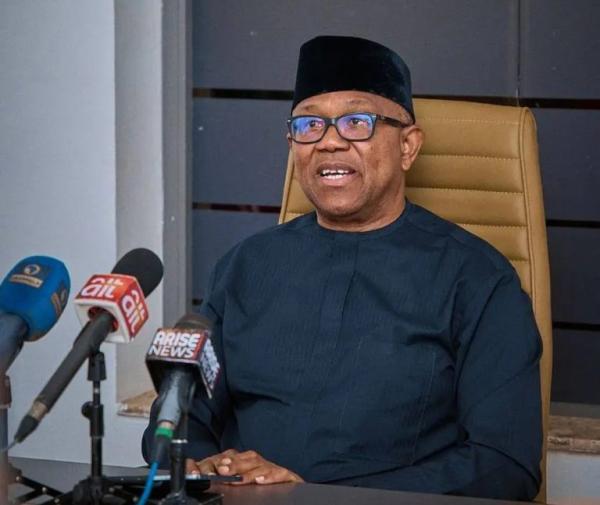
Wednesday 29th December 2021:The plan by the Independent National Electoral Commission to transmit election results electronically in 2023 is currently doubtful as the Federal Government has revealed that only 473 out of 774 local government areas in the country have Internet access.
This implies that 301 local government areas have no Internet access, thus transmitting election results in those areas may not be possible in 2023 even if the Electoral Act is amended.
Recall that the President, Muhammadu Buhari , last week launched the National Development Plan 2021 – 2025 by which the government projects that 697 LGAs will have Internet access by 2023. The 2023 elections are expected to hold in February.
The federal government had listed 473 as the baseline for the number of LGAs with Internet connection. This implies that the government targets providing Internet access to an additional 224 LGAs with Internet access by 2023.
Telecommunication experts have explained what government must do to ensure electronic transfer of election results in the 301 LGAs.
Some experts have listed conditions by which satellite technology can cover LGAs without Internet
Experts at the Alliance for Affordable Internet listed conditions that must be met to ensure transmission of results in the 301 LGAs.
They advised the Federal Government to consider using satellite technology in the transmission of results electronically in the 2023 elections.
They also noted that there was no 3G access in over 300 LGAs in Nigeria, adding that this was part of the issues which the Nigerian Broadband Plan 2020 – 2025 was put together to address.
The National Coordinator for Alliance for Affordable Internet, who served as the immediate past President of The Association of Telecommunications Companies of Nigeria, Olusola Teniola, told one of our correspondents that it was possible to transmit results electronically as far as the pressing issues were addressed.
He said, “This number of LGAs that have not been covered was already captured in the Nigerian Broadband Plan of 2020 to 2025 and it is fairly straightforward.
“The issue is that there isn’t any tangible 3G access in these LGA and the idea now is to focus over the next six to nine months in ensuring that at least one of our operators will be able to provide service in those areas.
“This is in addition to satellite technology, which can cover all of those areas that do not have Internet at the moment.
“That means that on the day of the election, the transmission of results can be done via satellite on a specific time, location and based on the fact that we are just using it for the elections.
“If we are looking for continuous transmission, obviously we are looking at trying to ensure that there is infrastructure to provide continuous service.
“And that is the focus of the Nigerian Broadband Plan. It is not a solution for just one specific application but for continuous applications for those who are offline, among others. So we want to block that gap through the plan.”
Teniola urged the government to work with ICT professionals in trying to provide the required services in the LGAs and expressed hope that the target of electronic transmission of results would be achieved in 2023.
2023: Electronic transmission of results doubtful, 301 LGs lack Internet facilities
The plan by the Independent National Electoral Commission to transmit election results electronically in 2023 is currently doubtful as the Federal Government has revealed that only 473 out of 774 local government areas in the country have Internet access.
This implies that 301 local government areas have no Internet access, thus transmitting election results in those areas may not be possible in 2023 even if the Electoral Act is amended.
Recall that the President, Muhammadu Buhari , last week launched the National Development Plan 2021 – 2025 by which the government projects that 697 LGAs will have Internet access by 2023. The 2023 elections are expected to hold in February.
The federal government had listed 473 as the baseline for the number of LGAs with Internet connection. This implies that the government targets providing Internet access to an additional 224 LGAs with Internet access by 2023.
Telecommunication experts have explained what government must do to ensure electronic transfer of election results in the 301 LGAs.
Some experts have listed conditions by which satellite technology can cover LGAs without Internet
Experts at the Alliance for Affordable Internet listed conditions that must be met to ensure transmission of results in the 301 LGAs.
They advised the Federal Government to consider using satellite technology in the transmission of results electronically in the 2023 elections.
They also noted that there was no 3G access in over 300 LGAs in Nigeria, adding that this was part of the issues which the Nigerian Broadband Plan 2020 – 2025 was put together to address.
The National Coordinator for Alliance for Affordable Internet, who served as the immediate past President of The Association of Telecommunications Companies of Nigeria, Olusola Teniola, told one of our correspondents that it was possible to transmit results electronically as far as the pressing issues were addressed.
He said, “This number of LGAs that have not been covered was already captured in the Nigerian Broadband Plan of 2020 to 2025 and it is fairly straightforward.
“The issue is that there isn’t any tangible 3G access in these LGA and the idea now is to focus over the next six to nine months in ensuring that at least one of our operators will be able to provide service in those areas.
“This is in addition to satellite technology, which can cover all of those areas that do not have Internet at the moment.
“That means that on the day of the election, the transmission of results can be done via satellite on a specific time, location and based on the fact that we are just using it for the elections.
“If we are looking for continuous transmission, obviously we are looking at trying to ensure that there is infrastructure to provide continuous service.
“And that is the focus of the Nigerian Broadband Plan. It is not a solution for just one specific application but for continuous applications for those who are offline, among others. So we want to block that gap through the plan.”
Teniola urged the government to work with ICT professionals in trying to provide the required services in the LGAs and expressed hope that the target of electronic transmission of results would be achieved in 2023.












